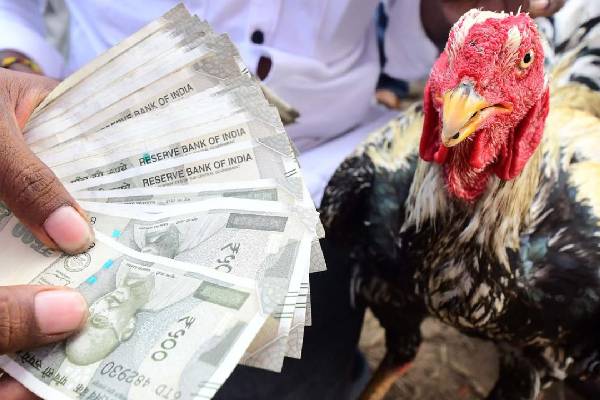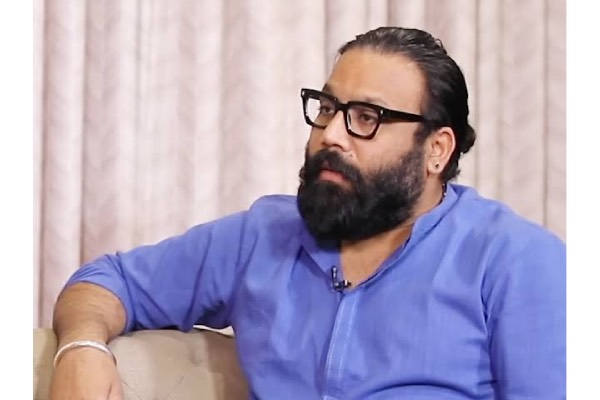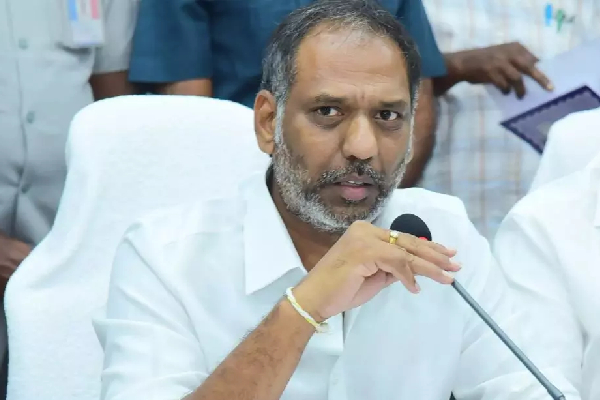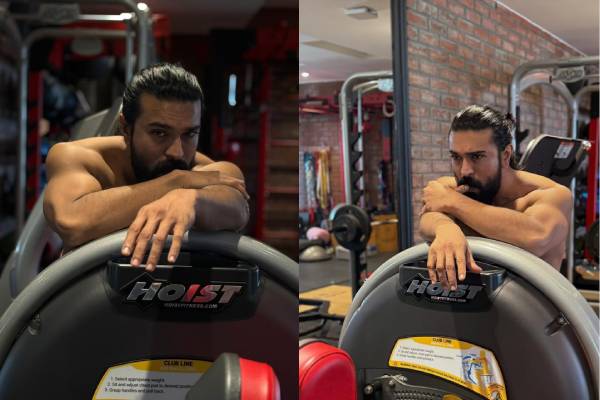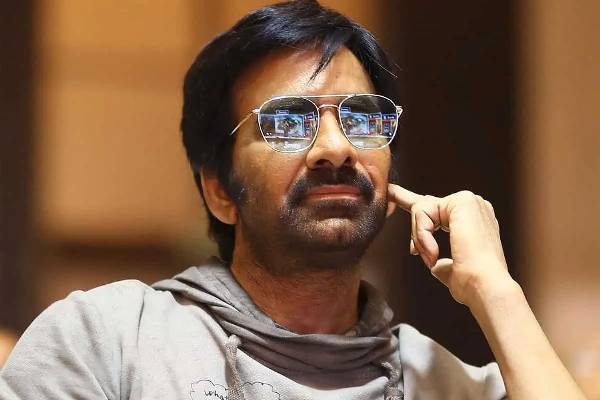The recent episode of Bigg Boss Telugu sparked an interesting debate when recently eliminated contestant Sai told host Nagarjuna that the show taught him “valuable life lessons.” While the Bigg Boss house certainly puts its contestants through extreme mental and emotional tests, the question remains — does it genuinely teach life lessons, or is it just a cleverly packaged entertainment product? Let’s take a closer look at both sides.
Physical Fitness – A Key to Survival
Inside the Bigg Boss house, physical endurance plays a major role. Contestants must stay strong through intense physical tasks, lack of sleep, and limited food. In some seasons, tasks have pushed housemates to the edge — such as when participants were denied restroom breaks for hours in Bigg Boss Telugu 2.
This constant physical strain not only demands stamina from housemates but also sends an indirect message to viewers about the importance of fitness and resilience in real life. Staying active and maintaining one’s health, both mentally and physically, becomes a silent takeaway for the audience.
Emotional Intelligence and Coexistence
Living with a dozen strangers in a closed environment tests one’s emotional intelligence. Every contestant must balance competition with coexistence. Misreading another person’s intentions or emotions can lead to nominations and eviction.
In this way, Bigg Boss mirrors real life — where reading people correctly, managing conflict, and maintaining composure under stress are vital skills. The show rewards those who stay emotionally balanced and penalises those who lose control.
Learning the Basics – Everyone Does Chores
Another subtle but strong message the show conveys is about self-sufficiency. No matter how popular or privileged a contestant may be outside, everyone must do household chores inside — from cooking to cleaning washrooms. This is a humbling experience for many celebrities and a reminder to viewers, especially the younger audience, that basic life skills are essential for everyone.
Gender Equality – One Rule for All
In the Bigg Boss house, gender equality is not just spoken about but practiced. Male, female, or transgender contestants are treated equally in tasks. Past seasons saw trans participants like Tamanna and Priyanka compete on equal footing, while this season, Pavan faced backlash for his rude behavior towards Ritu.
Such incidents reinforce to viewers that gender bias has no place in today’s society. The show, at least on this front, promotes progressive values.
The Flip Side – When Lessons Go Wrong
However, not every message Bigg Boss conveys is positive.
Promotes Selfishness:
As a competition-based show, Bigg Boss often glorifies self-centered behavior. Contestants who display kindness or selflessness are accused of “wearing a mask.” From Baba Bhaskar in Season 3 to Bharani in Season 9, genuine emotions were often misinterpreted as “wearing a mask”.
Flirting for TRP:
Romantic angles are another recurring theme. For the sake of screen time and audience attention, some housemates engage in flirtations — sometimes even when married outside the show. Pairs like Rahul–Punarnavi, Monal–Akhil, and Ritu–Pavan are examples. These relationships blur lines between authenticity and performance, sending a confused message to viewers.
Aggression Over Empathy:
The show often rewards loud and aggressive contestants while sidelining calm peacemakers. Fights and confrontations make for better TRPs, but they also normalize toxic behavior as a winning strategy.
Overall – Lessons or Just Entertainment?
At its core, Bigg Boss remains an entertainment show built for TRPs, not moral education. It may reflect aspects of real life but doesn’t necessarily teach the right lessons. While it highlights discipline, equality, and teamwork, it also amplifies selfishness and drama.
In the end, it’s up to the audience to filter the right messages and treat the rest as what it truly is — entertainment, not education.
-ZURAN






















